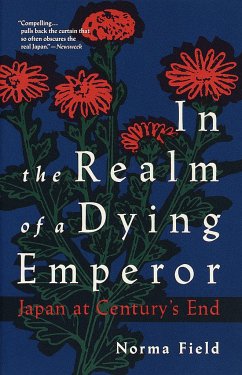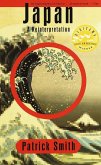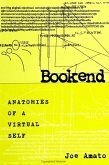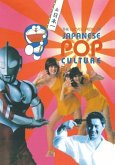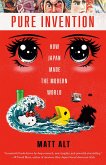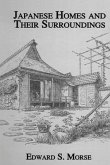When the Emperor Hirohito died in 1989, Japanese newspapers had to use a special, exalted word to refer to his death, and had to depict his life uncritically, as one beginning in turbulence but ending in magnificent accomplishment. To do otherwise would have exposed them to terrorism from the vigilant right wing. Yet this insightful book by a Japanese-American scholar who grew up in both cultures reveals the hidden fault lines in the realm of the dying emperor by telling the stories of three unlikely dissenters: a supermarket owner who burned the national flag; an aging widow who challenged the state's "deification" of fallen soldiers; and the mayor of Nagasaki, who risked his career and his life by suggesting that Hirohito bore some responsibility for World War II.
Hinweis: Dieser Artikel kann nur an eine deutsche Lieferadresse ausgeliefert werden.
Hinweis: Dieser Artikel kann nur an eine deutsche Lieferadresse ausgeliefert werden.

